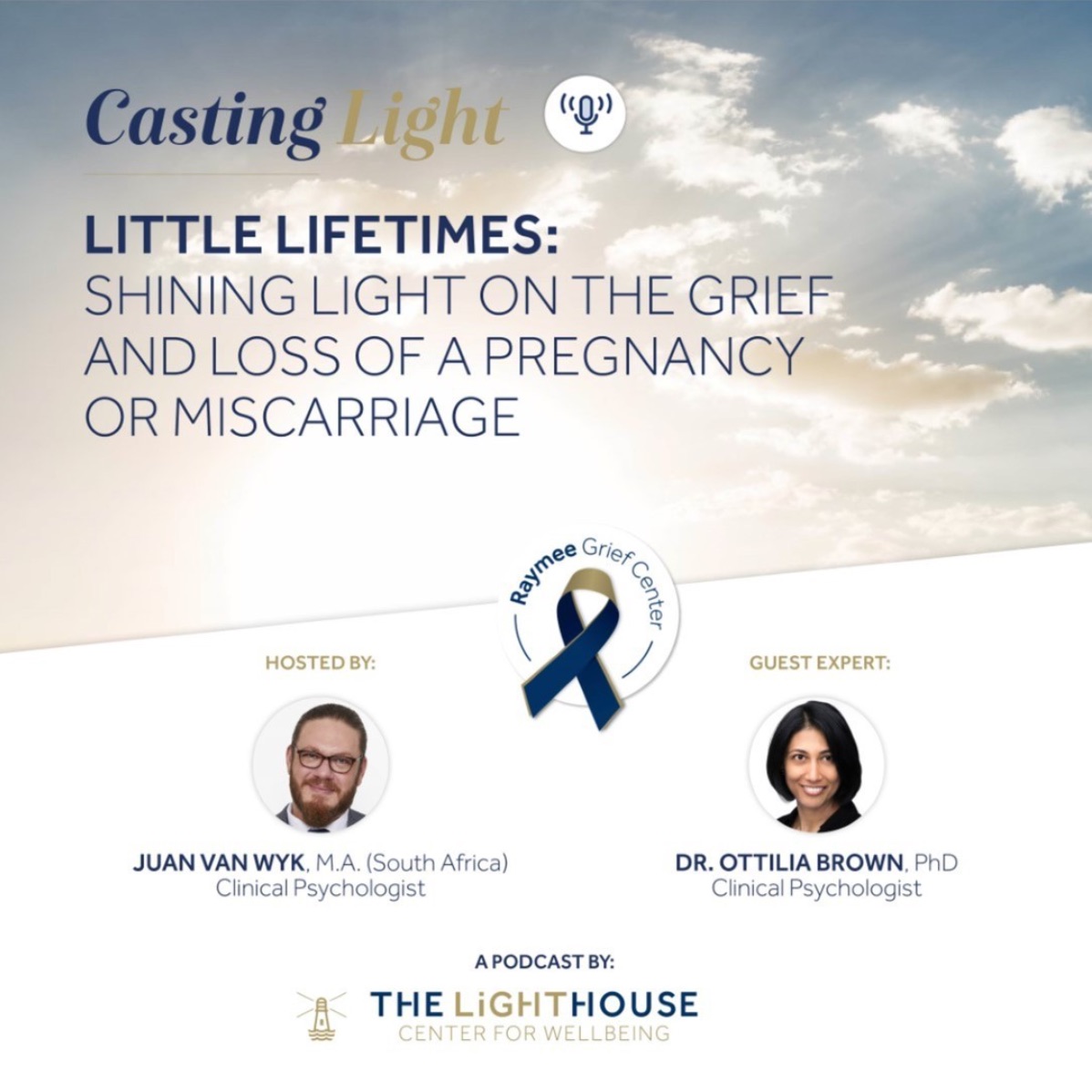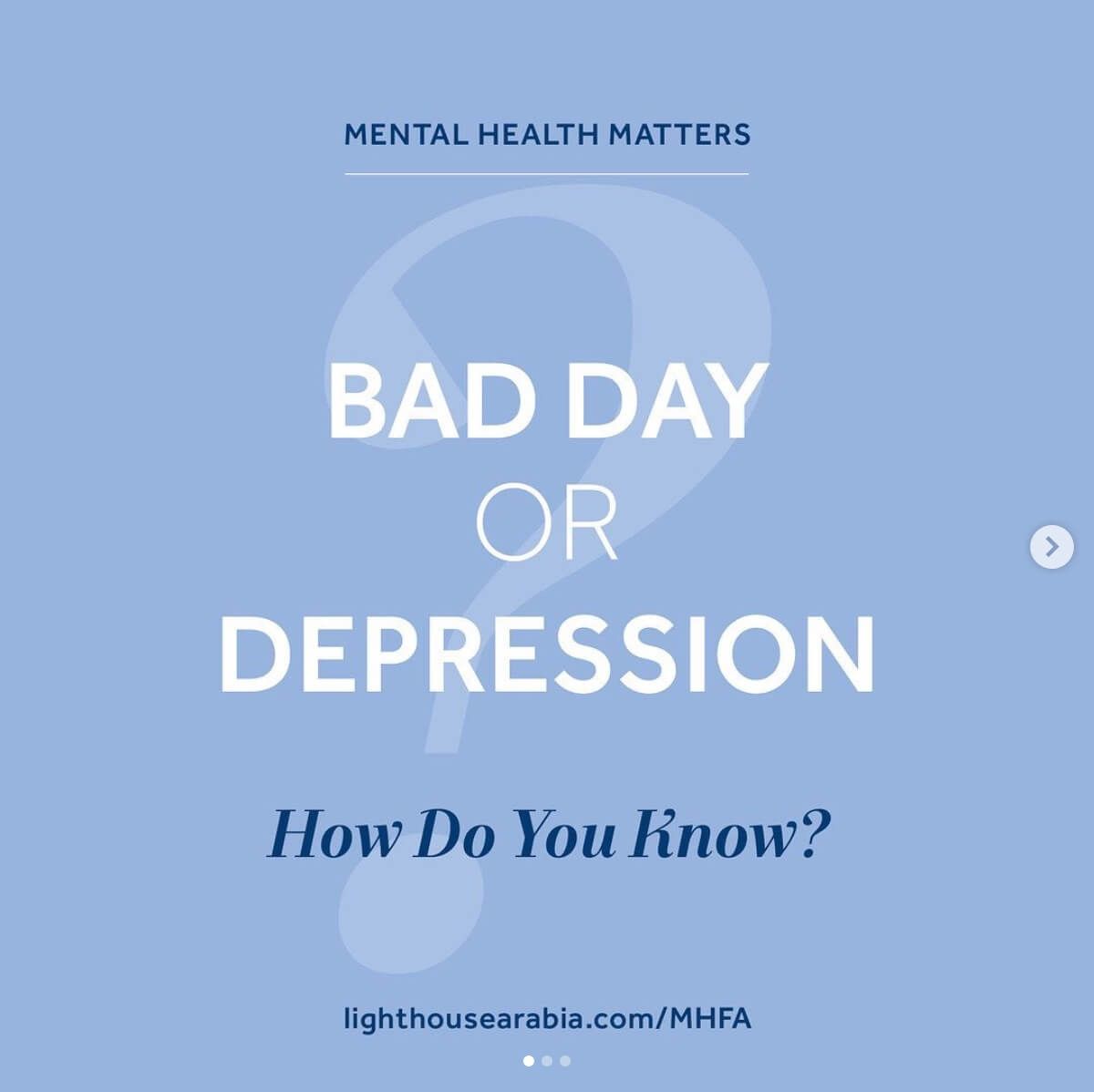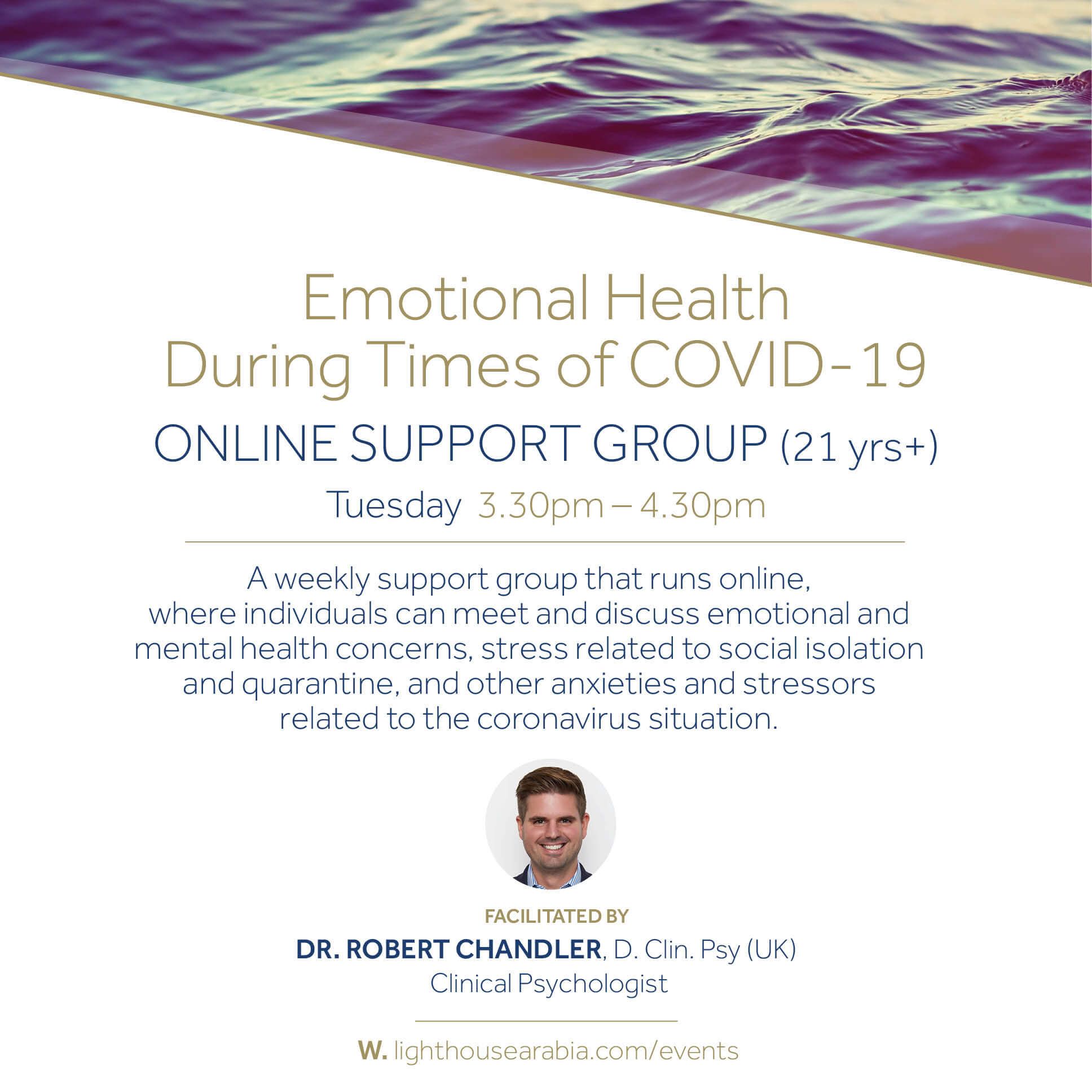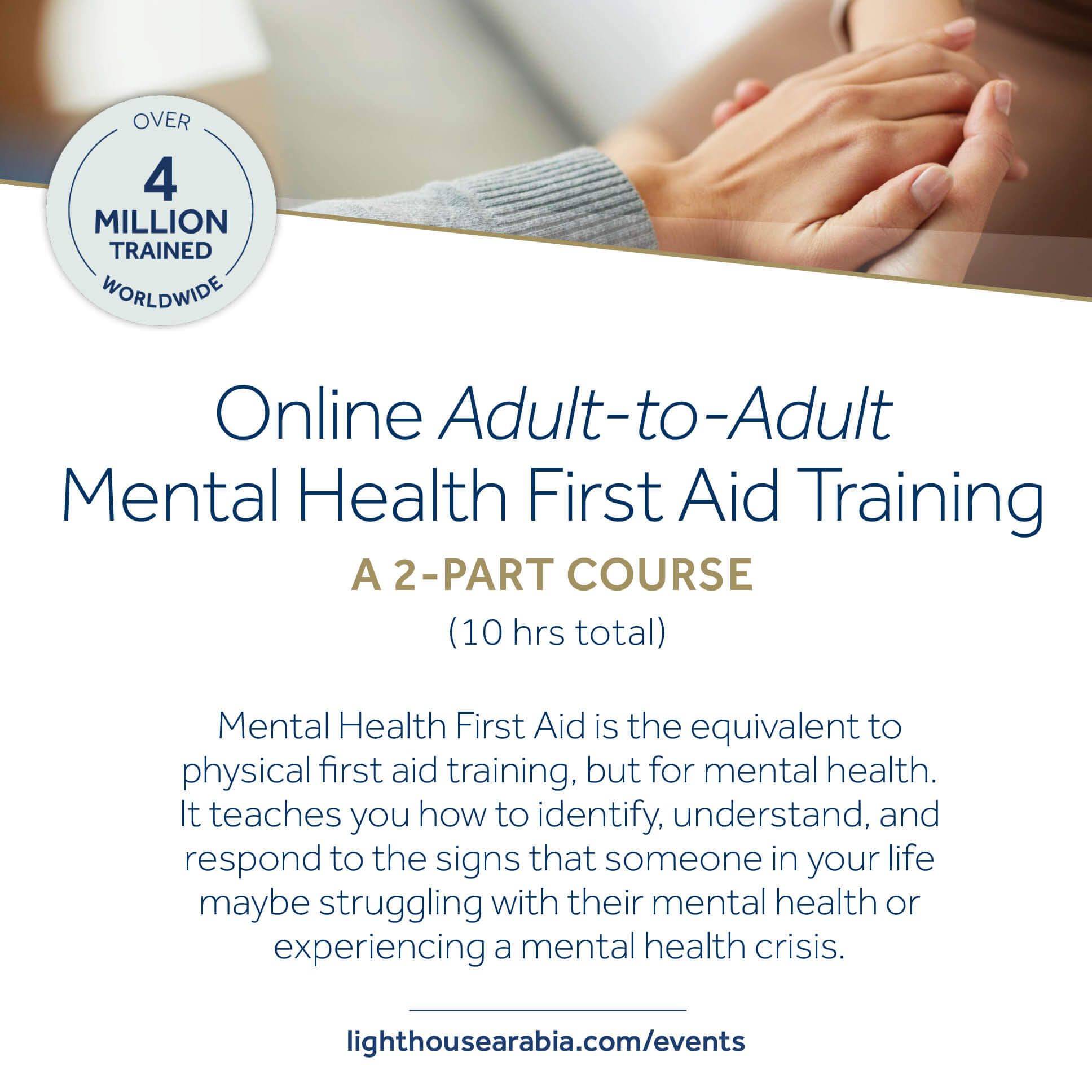What is it?
The purpose of an assessment is to build an accurate picture of an individual’s strengths and challenges. This could include cognitive strengths and weaknesses, exploring possible learning difficulties, examining intellectual giftedness, diagnosing a particular neurodevelopmental or mental health condition, or gaining a deeper awareness into personality style and traits. From this information, we are able to provide specific recommendations which are tailored to the individual. This can range from environmental adaptations such as extra time in exams, activities you can practice at home to improve upon a skill such as brain training, or specific recommendations for psychological therapy.
Who needs it?
Whether you’re struggling with a particular difficulty, or you simply want to deepen your self-awareness, an assessment enables you to gain a more accurate and detailed account of your individual functioning within a particular area. Our specialist assessment team provides a range of standardized assessment options across the lifespan for adults, children and adolescents.
For Child and Adolescent Assessments, please see here.
Every assessment at The LightHouse Arabia is carefully tailored to the individual and their particular needs. Please see below for further information about the various types of assessments we offer for Adults.
Types of Assessments for Adults
- Intellectual Functioning Assessment
- Diagnostic Assessment
- Emotional Functioning/ Personality Assessment
- Adoption (Home Study)
Intellectual Functioning Assessment
We are increasingly interested in assessing our bodies - smartwatches measure our heart rate and fitness levels, providing us feedback on our physical state. However, we often overlook our brains. Our intellectual functioning impacts every aspect of our lives, from learning and working, to socializing and engaging in our favorite hobbies. Comprehensive IQ testing will shine a light on how your brain functions, highlighting strengths and weaknesses.
Following your IQ test, a licensed psychologist will talk you through the results providing you with a 360 overview of your intellectual functioning. You will receive a written report with a summary and actionable recommendations. With this knowledge, you will have the ability to understand and reflect upon yourself better, showing you areas to focus on developing and how to play to your strengths. Self- understanding is a powerful tool.
Diagnostic Assessment
If you find a particular area challenging such as: concentration, inattention, difficulties with reading, writing or numbers, memory problems or social communication difficulties, then a diagnostic assessment may be useful.
This is a detailed clinical evaluation to determine whether an individual meets the criteria for a particular diagnosis. From this information, we can generate appropriate treatment recommendations, such as whether medication may be helpful to treat the individual’s symptoms and for young adults in college or university, whether they may be entitled to extra time during exams and/or additional learning support.
Common concerns for diagnostic assessment include:
-
Attention Deficit Hyperactivity Disorder (ADHD)
-
Intellectual Disability or previously undiagnosed Specific Learning Disorders in
Reading, Writing and Math
-
Memory difficulties including Alzheimer’s disease and other dementias
-
Traumatic Brain Injury
-
Mental Health Difficulties (such as anxiety or depression)
Our diagnostic assessments always include the following three areas at a minimum:
Depending on the nature of the difficulties, further assessment tools may be administered in the following areas:
Emotional Functioning/Personality Assessment
If you are interested in learning more about your emotional, social and behavioral functioning, we offer a range of specialist psychological assessments designed to measure these aspects of an individual’s abilities. Sometimes these assessments are completed by those who simply want to understand themselves better, or as a method to understand a particular difficulty in more detail and to generate treatment recommendations.
We have access to the latest empirically supported measures of personality and emotional, social and behavioral functioning for both adults and children.
Common requests for assessments:
-
Mental Health Assessment (including anxiety, mood, psychotic features, eating and personality disorders)
-
Personality Assessment
-
Challenging behavior (including conduct problems and sexualized behavior)
Adoption (Home Study Assessment)
For families seeking independent adoption, we conduct home studies; this process involves interviews and a home visit. A home study is required by law for all international adoptions. This written report is an in-depth study of your family environment, lifestyle, personal circumstances, employment, finances and physical health.
For more information, please refer to our Adoption services page
Adult Assessments Offered
Intellectual Functioning
Show more
Show less
Wechsler Adult Intelligence Scale - Fourth Edition (WAIS-IV)
The Wechsler Adult Intelligence Scale Fourth Edition (WAIS-IV) is the most advanced and widely used adult measure of cognitive and intellectual ability. It provides the most advanced measure of cognitive ability in adults. It generates a full-scale IQ (FSIQ) which is considered the best indicator of an individual’s general intellectual abilities.
Age: 16 years +
Time: 90-150 minutes
Academic Abilities
Show more
Show less
Wechsler Individual Achievement Test - Third Edition (WIAT-III)
Wechsler Individual Achievement Test Third Edition (WIAT®-III) is an individually administered achievement test used to measure basic and broad skills for reading, writing, and math. The WIAT-IIl provides a reliable assessment of reading, language and numerical attainment in one test. There are sixteen subtests included in the WIAT, and they are broken down to measure listening, speaking, reading, writing, and mathematical skills.
Age: 4 to 25 years 11 months
Time: 130 mins
Woodcock-Johnson Test of Cognitive Abilities - Fourth Edition (WCJ-IV)
Similar to WIAT-III, the Woodcock Johnson Tests of Achievement tests an individual’s strengths and weaknesses across three academic skills: reading, writing, and math.
Age: 2 to 80 years
Time: 130 mins
Executive Functioning
Show more
Show less
Delis-Kaplan Executive Function SystemTM (D-KEFSTM)
The Delis-Kaplan Executive Function SystemTM (D-KEFSTM) is the first standardized set of tests to evaluate higher level cognitive functions in both children and adults. It provides a comprehensive assessment of higher-level thinking and cognitive flexibility.
Age: 8 years to 89 years
Time: 45 minutes
Social Communication
Show more
Show less
Autism Diagnostic Observation Schedule
The ADOS-2 is a semi-structured assessment of communication, social interaction, and play (or imaginative use of materials) for individuals suspected of having autism or other pervasive developmental disorders. The ADOS consists of standardized activities that allow the examiner to observe the occurrence or non-occurrence of behaviors that have been identified as important to the diagnosis of autism and other pervasive developmental disorders across developmental levels and chronological ages. The ADOS provides a 45- 60 minute observation period during which the examiner presents the individual being assessed with numerous opportunities to exhibit behaviors of interest in the diagnosis of autism through standard 'presses' for communication and social interaction. 'Presses' consist of planned social occasions in which it has been determined in advance that behavior of a particular type is likely to appear.
Age: 1 year to Adulthood
Time: 120 minutes
Memory
Show more
Show less
Wechsler Memory Scale - Fourth Edition (WMS-IV)
Wechsler Memory Scale® Fourth Edition (WMS®-IV) is the most widely used scale of adult memory. This measure assesses verbal and non-verbal memory abilities in adults.
Age: 18 years +
Time: 150 minutes
Personality Tests
Show more
Show less
The Minnesota Multiphasic Personality Inventory®-2
The Minnesota Multiphasic Personality Inventory®-2 is the most widely used and researched test of adult psychopathology. Assisting diagnosis of mental disorders and selection of appropriate treatment methods, the MMPI®-2 provides a comprehensive understanding of an individual’s personality traits and can be used effectively in conjunction with clinical assessment interviews.
Age: 18 - 80 (Adult Version)
Time: 60 minutes
Rorschach Inkblot Test
Rorschach® is the most widely used projective test in diagnosing and treating individuals with a variety of psychological problems and psychiatric disorders.
Age: 16 years+
Time: 60 minutes
Thematic Apperception Test
Thematic Apperception Test reveals some of the dominant drives, emotions, conflicts, and complexities of an individual’s personality.
Age: 5 to 79 years
Time: 60 minutes
Attentional Measures
Show more
Show less
The Conners Adult ADHD Scale
The CAARS is used to measure the presence, severity and impact of Attention Deficit Hyperactivity Disorder (ADHD) symptoms in adults. A self-report and observer (informant) version of the rating scale are typically used as part of a comprehensive Adult ADHD assessment. The CAARS is suitable for use with individuals aged 18 to 80 years of age.
Our Assessment Process
We strive to make your assessment experience with us easy and useful. Please see here for Assessment process with The LightHouse Arabia.
Fees
Our fees vary according to the assessments provided.
One of our licensed psychologists will conduct the psychological assessment, write the report, and give feedback and recommendations. They all have specialist training in conducting and interpreting assessments to determine diagnosis and provide recommendations. For every assessment there is a main psychologist and a consultant psychologist who provides a second opinion. Our Occupational Therapist also provides consultation and screening as part of the assessment process.
Download Resources







